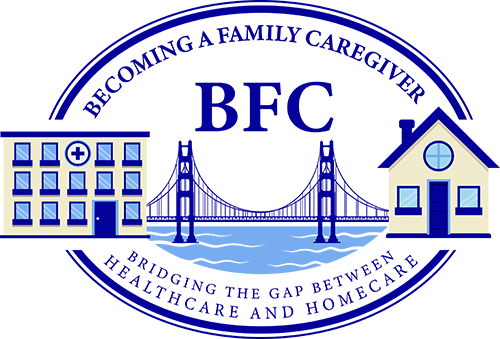
Legal Considerations
Healthcare and matters related to caregiving are heavily regulated because negative outcomes may result in death or lifetime disabilities. Therefore, hundreds of laws exist to protect the privacy, health, and safety of those who access and interact with the healthcare community or need services related to insurance, mental, physical, or emotional health.
In addition, the government attempts to pass laws and regulations that provide fair and equal access to treatments to ensure an individual’s right to decide on self-care. I’ve worked in healthcare for 30 years and am familiar with many of these laws. Understanding how these laws work and the basis for why they exist will assist you in obtaining the help you may need to protect your rights to care.

Healthcare Decisions
Caregivers often need to make decisions on behalf of their family members. Therefore, it’s often easier to appoint them as a power of attorney. A general power of attorney makes decisions regarding money and property matters. A medical power of attorney makes medical decisions regarding the type of care to be received. Knowing the power of attorney you need is important, but equally so is knowing your family member’s wishes regarding end-of-life decisions. Encourage them to make a will and let you know if they prefer hospice care or want all efforts to preserve their life to continue.
Employment
Providing care to a family member yourself 24/7 is exhausting work. After a short while, you begin to seek alternate ways to find help. For the most part, two options are available. You can either hire someone through an agency, or you can hire someone to work for you as their employer.
Other times family, friends, or relatives offer to help with caregiving responsibilities. They volunteer their services with no expectation of money in return. Are there any risks to allowing someone to volunteer without pay to assist with care? What can you do to reduce risks but still receive the help you need?

